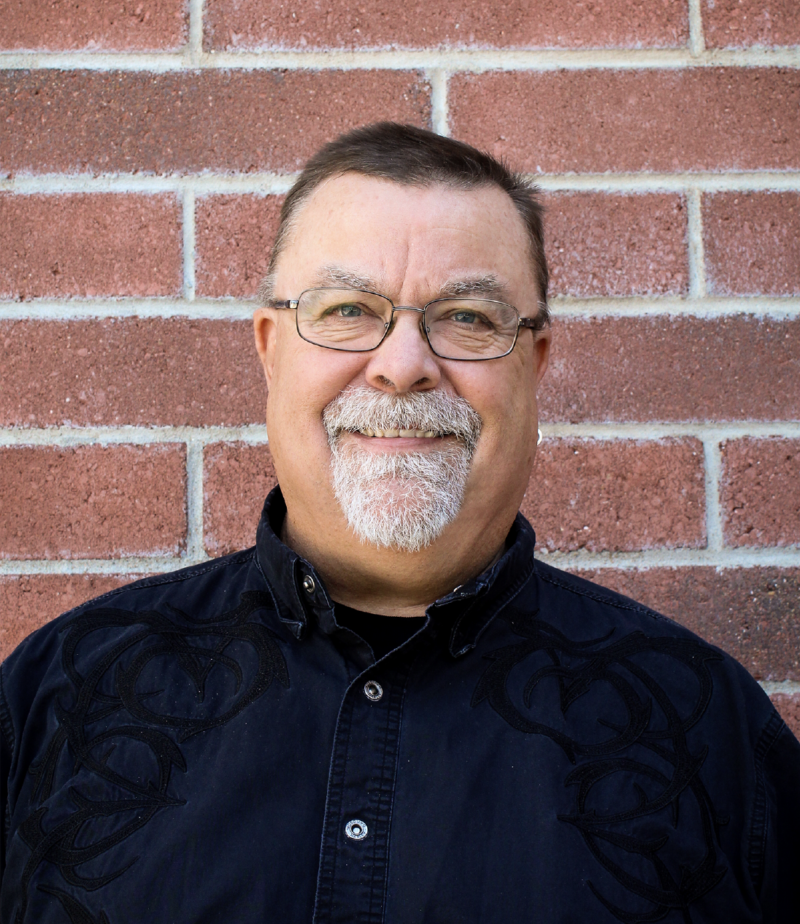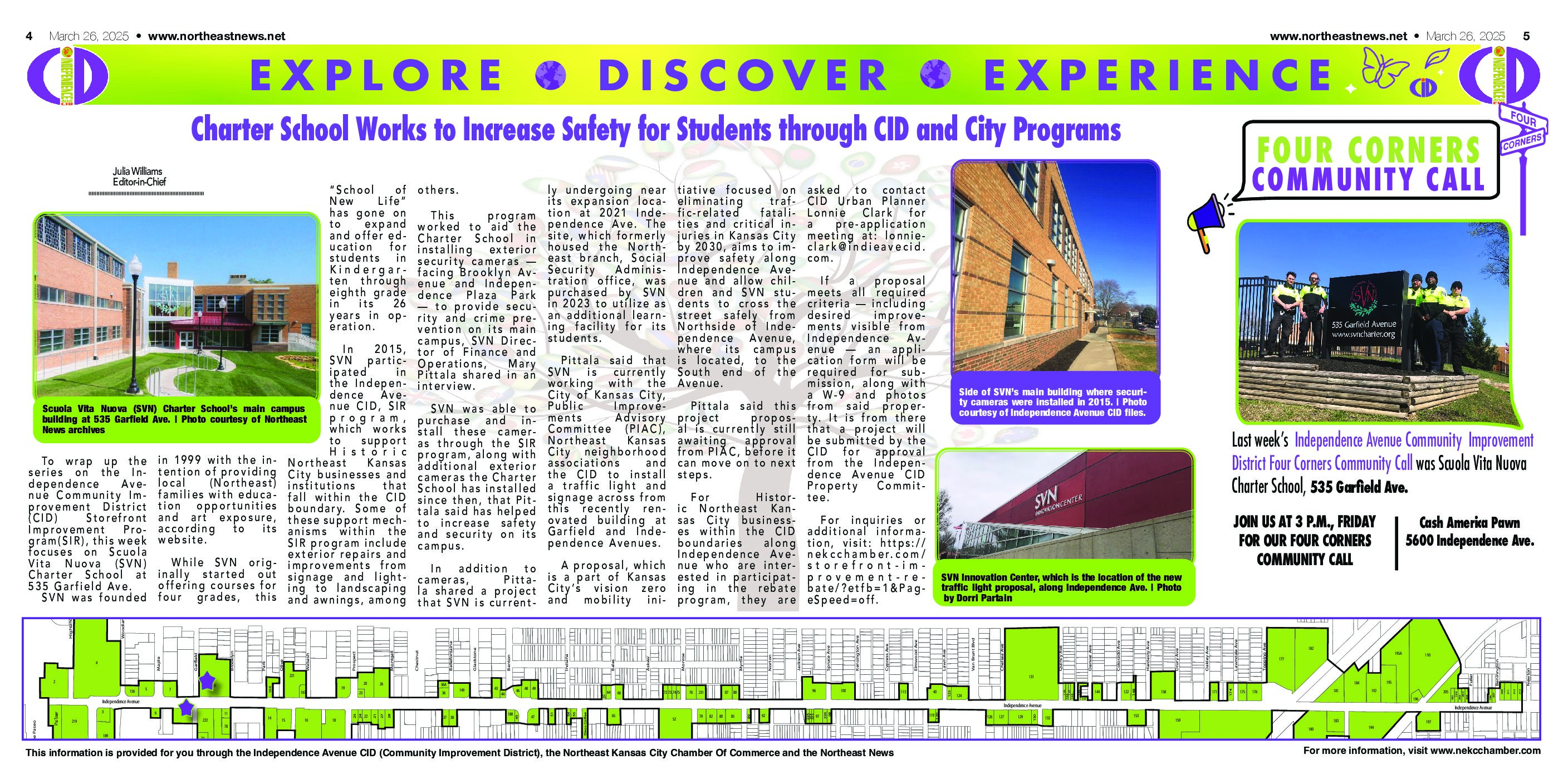Dr. Ernest Evans
Professor of political science and criminal justice studies at KCKCC
On August 9, 2014 a black teenager, Michael Brown, was shot and killed in Ferguson, Missouri by white police officer Darrell Wilson.
A grand jury in Saint Louis county refused to return an indictment against Wilson and the U.S. Justice Department concluded that there was no evidence of a civil rights violation in the tragedy- Wilson eventually resigned from the Ferguson police force.
The death of a young person with their whole life ahead of them is always a tragedy, and so not surprisingly the death of Michael Brown sparked protests not only in Ferguson but all over the country. And, these protests led to a long-needed debate about the racial biases of the US criminal justice system.
Specifically, it has been extensively documented that blacks on average receive much longer prison sentences for the same crime as whites, and that blacks are much more likely to be sentenced to death than whites.
However, while this controversy did lead to a much-needed debate on the nation’s justice system, it also went too far in many respects. Police departments all over the country were savagely attacked in a series of sensationalistic news stories that were unfair and one-sided.
As the great political philosopher Richard Weaver used to say: “Ideas have consequences.” And, the consequence of this one-sided and unfair coverage of the nation’s police forces was that five years after Ferguson virtually every police force in the nation is seriously under strength.
The police departments in Kansas City and Saint Louis shared in this national decline in the number of cops on the beat. In KCMO at the end of calendar year 2013 there were 1434 officers on the payroll–and the end of calendar year 2018 there were 1234.. In Saint Louis at the end of 2013 there were 1276 officers on the force–at the end of calendar year 2017 (the last year for which there are records) there were 1191 officers on the force.
When police departments get under strength it not only means less time can be spent on outstanding cases, it also hurts morale in the department: Cops have to work a lot of over time, which cuts into family and personal time. And, it is just a fact that you cannot effectively fight crime with under strength, demoralized police forces.
So, not surprisingly, in both KCMO ans Saint Louis there has been a major surge of violent crime in the five years since Ferguson. In KCMO there were 82 homicides in 2014–in 2015 there were 109, in 2016 there were 131, in 2017 there were 151 and in 2018 there were 137–so far in 2019 there have been 89 homicides in the city. In Saint Louis there were 120 homicides in calendar year 2013 and in the first seven months of 2014 (The death of Michael Brown was on August 9, 2014) there were 70 homicides–in Saint Louis in calendar year 2018 there were 186 homicides and in the first seven months of 2019 there have been 110 homicides.
So, where do we go from here? If we as a nation are to reduce the surge of violence that has taken place in most of our cities since 2014 our political class is going to have to do something that they have not been good at in recent years: Compromise. Specifically, they must “square the circle” by making sure that police officers are held accountable for abuses of power, but also making sure that in the adjudication of such cases the accused officers are afforded Due Process and some degree of fair media coverage.
As someone who has been heavily involved in politics his whole life I am well aware that in modern US politics “compromise” is the ultimate “dirty word.” However, facts are facts, even if they are not politically correct. If we do not compromise the ongoing controversy about police relations with society then it is virtually certain that we will continue to have rising rates of violent crime all over our nation.



















